Introduction: The First American Pope
On May 8, 2025, the Catholic Church entered a historic chapter with the election of Pope Leo XIV, born Robert Prevost, as the first American-born pontiff. Hailing from Chicago and shaped by years as a missionary in Peru, Leo XIV brings a unique perspective to the papacy. His election marks a significant moment for the global Catholic community, particularly in the United States, where Catholics number over 70 million. This article delves into Leo’s early pronouncements on marriage, abortion, and peace, exploring their implications, historical context, and the broader socio-religious landscape.
The Conclave and the Rise of Leo XIV
A Whirlwind Election
The conclave that elected Pope Leo XIV was a closely watched event, culminating in white smoke rising from the Sistine Chapel on May 8, 2025. Louis Prevost, Leo’s eldest brother, described the family’s experience as a “whirlwind” in a LiveNOW interview with Andrew Craft. Louis, who speaks with his brother two to three times a week, highlighted Leo’s journey from a Chicago upbringing to a missionary life in Peru, where he served marginalized communities. This background, combined with his leadership in the Augustinian order, positioned Leo as a figure of both spiritual depth and global outreach.
Historic Significance
As the first American pope, Leo XIV’s election carries profound symbolic weight. The United States, often seen as a secular powerhouse, now has a representative at the helm of the world’s oldest Christian institution. According to a 2020 Pew Research Center study, 20% of U.S. adults identify as Catholic, making it the largest single religious denomination in the country. Leo’s American roots may influence his approach to issues like immigration, social justice, and interfaith dialogue, areas where the U.S. Catholic Church has been vocal.
Pope Leo XIV’s First Address to the Vatican Diplomatic Corps
Setting the Tone
On May 16, 2025, Pope Leo XIV addressed the Vatican diplomatic corps in a private audience, a customary post-conclave engagement. The Vatican released his prepared text, which outlined his vision for his pontificate. Leo emphasized traditional Catholic teachings on marriage and the sanctity of life while advocating for peace and multilateral diplomacy. His remarks were delivered ahead of his formal inauguration Mass on May 18 in St. Peter’s Square, an event expected to draw millions.
Marriage and Family
Leo articulated a clear stance on marriage, stating that the family is “founded upon the stable union between a man and a woman.” This aligns with longstanding Catholic doctrine, as outlined in the Catechism of the Catholic Church, which defines marriage as a sacrament between one man and one woman. However, Leo’s emphasis on the family as a cornerstone of peaceful societies adds a social dimension to his teaching. He urged governments to invest in families, suggesting that strong familial structures are essential for societal stability.
“It was up to governments to build peaceful societies above all by investing in the family, founded upon the stable union between a man and a woman.”
This perspective resonates with Catholic social teaching, which views the family as the “domestic church” and a fundamental unit of society. Yet, it also raises questions about how Leo will navigate contemporary debates on family structures, particularly in Western nations where same-sex marriage is legally recognized.
The Dignity of the Unborn
Leo also reaffirmed the Church’s opposition to abortion, asserting that the unborn possess “dignity as God’s creatures.” This stance is consistent with the Church’s teaching that life begins at conception, a position rooted in documents like *Donum Vitae* (1987) and *Evangelium Vitae* (1995). Leo extended his call for respect for human dignity to other vulnerable groups, including the elderly, the sick, the unemployed, and immigrants. His inclusive language suggests a holistic approach to the Church’s pro-life ethic, which encompasses more than just opposition to abortion.
Research from the Guttmacher Institute indicates that global abortion rates have declined slightly since the 1990s, yet remain a contentious issue, with 73 million abortions performed annually. Leo’s remarks signal that he intends to maintain a firm stance on this issue, potentially influencing Catholic advocacy in countries with liberal abortion laws.
Peace as a Central Theme
A Papal Priority
From his first words on the loggia of St. Peter’s Basilica—“Peace be with you all”—Leo has made peace a cornerstone of his pontificate. In his address to the diplomatic corps, he described peace as a “gift” that requires active effort, not merely the absence of conflict. He called for an end to weapons production and emphasized the power of words, noting that they can “wound and even kill.”
“For words too, not only weapons, can wound and even kill.”
This focus on peace reflects the Church’s longstanding commitment to nonviolence, as articulated by popes like Paul VI, who declared, “No more war, war never again,” at the United Nations in 1965. Leo’s call for multilateral diplomacy aligns with Vatican City’s role as a sovereign state with diplomatic relations with over 180 countries. As a neutral observer at the United Nations, the Vatican has historically mediated conflicts, such as the 1998 Beagle Channel dispute between Argentina and Chile.
Interreligious Dialogue
Leo also advocated for dialogue between religions as a pathway to peace. This approach builds on the legacy of Vatican II’s *Nostra Aetate* (1965), which encouraged respect for non-Christian faiths. In a world marked by religious tensions—such as ongoing conflicts in the Middle East—Leo’s emphasis on interfaith cooperation could position the Vatican as a key player in global peacebuilding. A 2019 report by the Pew Research Center noted that 84% of the global population identifies with a religious group, underscoring the potential impact of religious dialogue.
Comparing Leo XIV and Pope Francis
Continuity and Change
Pope Leo XIV’s predecessor, Pope Francis, was known for his pastoral approach, particularly toward marginalized groups. Francis reaffirmed the Church’s opposition to abortion and euthanasia, critiquing the “throwaway culture” that devalues human life. However, he also made outreach to LGBTQ+ Catholics a hallmark of his pontificate, famously stating, “Who am I to judge?” in 2013. While Francis upheld the Church’s teaching on marriage as a union between a man and a woman, he supported civil union laws for same-sex couples in 2020, a move that sparked both praise and criticism.
Leo’s early statements suggest continuity with Francis on core doctrines but a potentially more reserved approach to issues of sexuality. As head of the Augustinian order in 2012, Leo criticized the “homosexual lifestyle” and media portrayals of same-sex relationships. However, during Francis’ pontificate, he acknowledged the need for inclusivity, stating that he did not want people excluded based on their lifestyle. This evolution in tone may reflect the influence of Francis’ papacy, which emphasized mercy and accompaniment.
Hidden Truths and Tensions
Leo’s remarks on marriage and abortion highlight a tension within the Church: how to uphold traditional teachings while engaging a diverse, modern world. A 2021 survey by the Public Religion Research Institute found that 67% of U.S. Catholics support same-sex marriage, a figure that contrasts with official Church teaching. Similarly, 58% of U.S. Catholics believe abortion should be legal in most cases. These statistics suggest that Leo may face challenges in communicating doctrine to a global flock with varying views.
Moreover, Leo’s American background could invite scrutiny. The United States is often associated with cultural liberalism, yet Leo’s statements align with conservative Catholic values. This duality may shape perceptions of his papacy, particularly in regions where the Church is seen as a countercultural force.
The Broader Context: Vatican Diplomacy and Global Influence
A Sovereign State
Vatican City’s status as a sovereign state under international law amplifies the significance of Leo’s diplomatic engagements. With relations with over 180 countries, the Vatican wields soft power through its moral authority. Leo’s call for multilateral diplomacy suggests he intends to leverage this platform to address global issues like poverty, climate change, and migration—issues that Francis also prioritized.
The Role of the Media
Leo’s interaction with the press on May 12, 2025, at Paul VI Hall underscored his willingness to engage with the media. The event, attended by thousands of journalists, highlighted the Vatican’s recognition of the media’s role in shaping public perceptions of the Church. Leo’s first message on the official papal social media accounts further signals his intent to communicate directly with the faithful, a strategy that Francis employed effectively.
Looking Ahead: The Inauguration and Beyond
The Inauguration Mass
Leo’s inauguration Mass on May 18, 2025, in St. Peter’s Square is expected to draw global attention. The ceremony, steeped in centuries-old tradition, will formally install Leo as the 266th pope. It will also provide an opportunity for Leo to articulate his vision to a worldwide audience, building on the themes of peace, family, and human dignity introduced in his early addresses.
Challenges and Opportunities
As Leo XIV embarks on his pontificate, he faces a complex landscape. The Catholic Church is navigating declining membership in Europe, growth in Africa and Asia, and internal debates over issues like women’s ordination and clerical celibacy. Leo’s American perspective may offer fresh insights, but it also places him under intense scrutiny. His ability to balance tradition with pastoral sensitivity will define his legacy.
Research from the Center for Applied Research in the Apostolate (CARA) indicates that global Catholic membership reached 1.36 billion in 2023, with significant growth in sub-Saharan Africa. This demographic shift may influence Leo’s priorities, particularly in addressing poverty and education in developing regions.
Conclusion: A Papacy of Peace and Principle
Pope Leo XIV’s early pronouncements signal a papacy rooted in Catholic tradition yet attuned to global challenges. His emphasis on marriage, the sanctity of life, and peace reflects a commitment to core teachings while engaging with pressing issues like diplomacy and interfaith dialogue. As the first American pope, Leo carries the hopes of millions, particularly in the United States, where his leadership could reshape the Church’s role in public life.
Leo’s journey from Chicago to the Vatican is a testament to the Church’s universality. Whether he can bridge divides within the Church and society remains to be seen, but his call for peace and respect for human dignity offers a hopeful starting point. As he prepares for his inauguration, the world watches, eager to see how this American pontiff will lead the Catholic Church into the future.

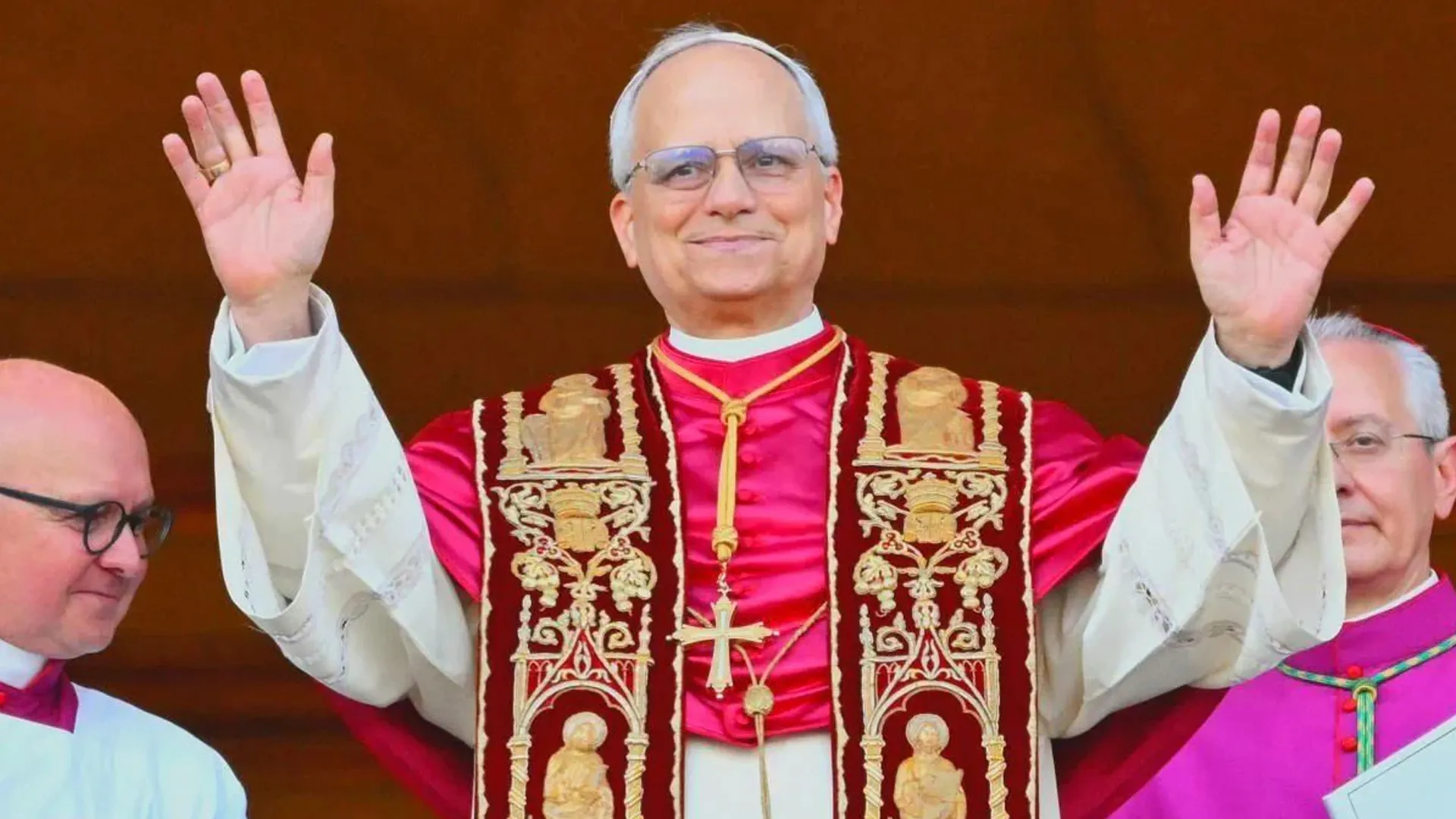







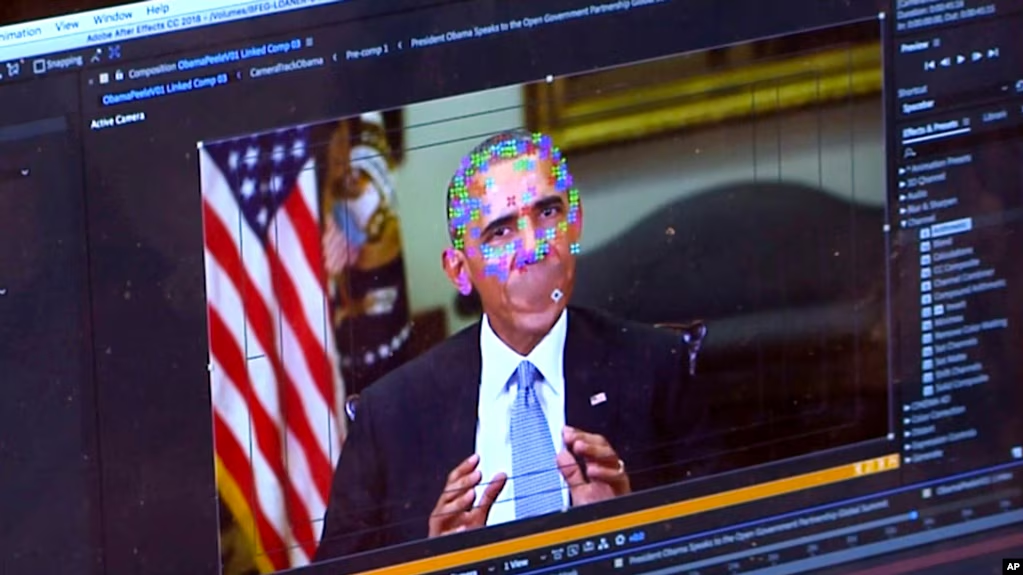

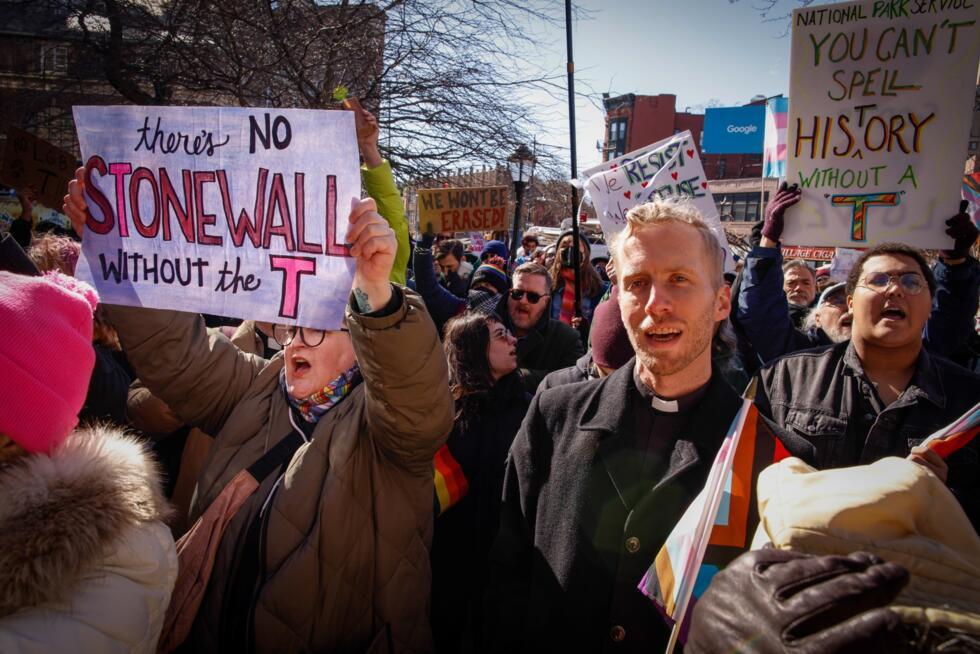












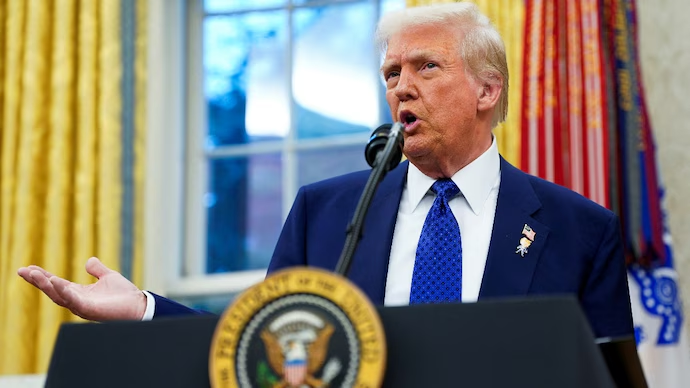
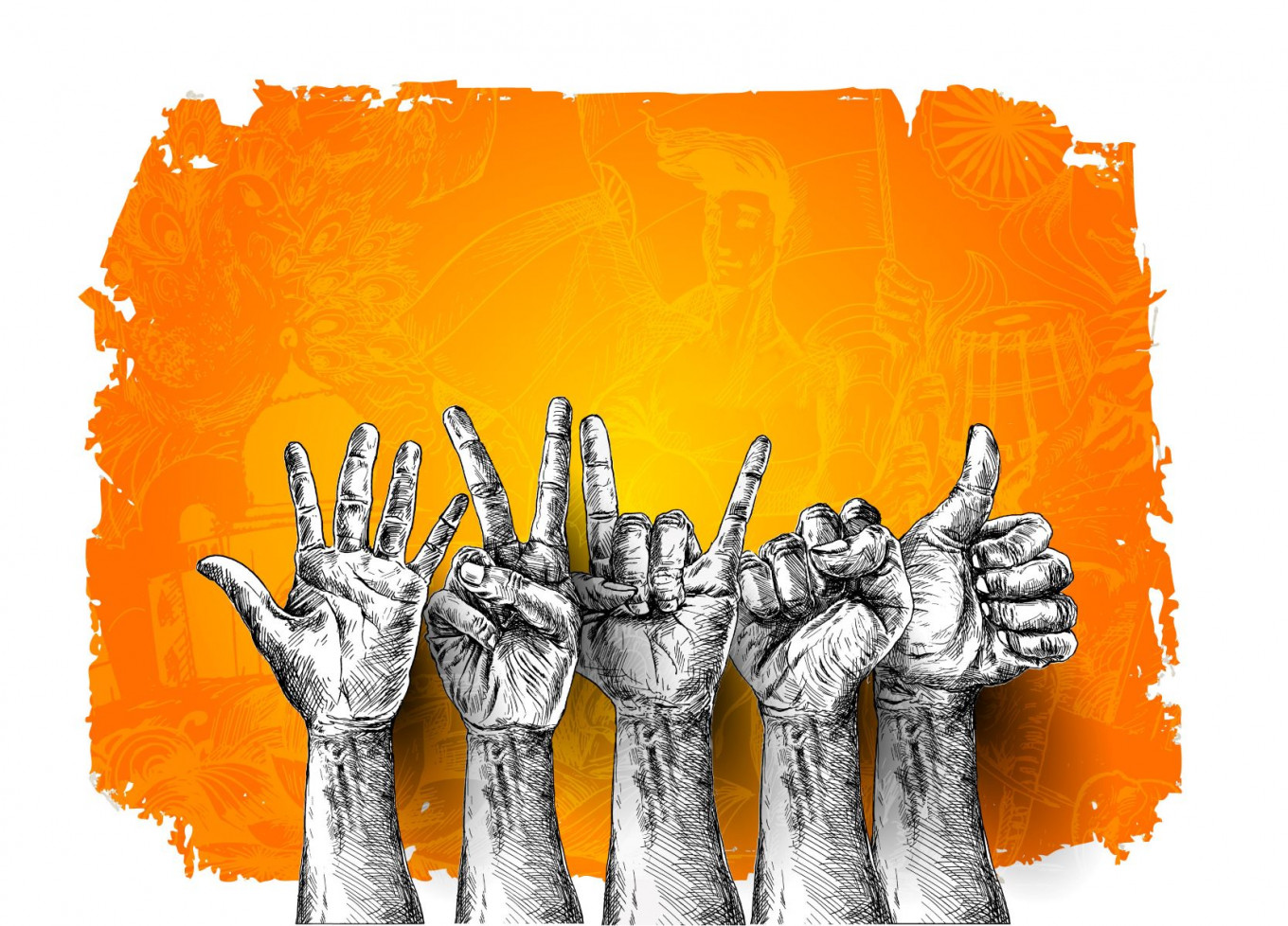
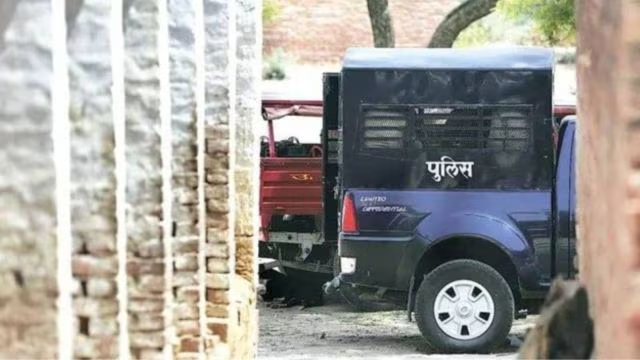

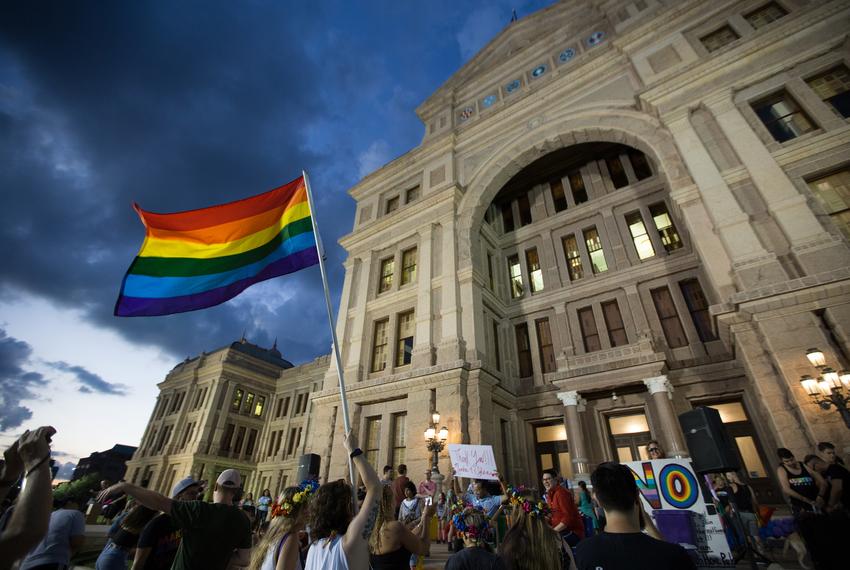
0 Comments